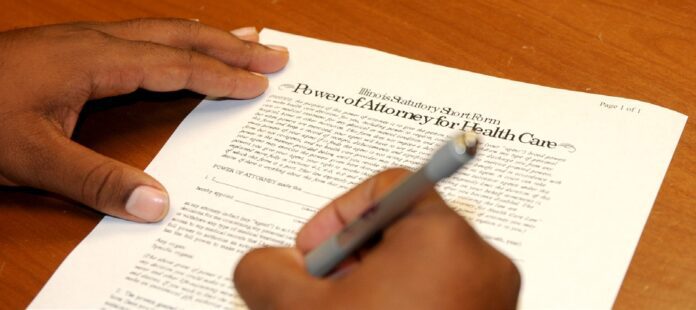New Delhi. Does a power of attorney grant ownership of a property? Does it invalidate the rights of the original owner? This question often arises, especially when a power of attorney is granted in the name of a relative or friend. But the truth is a little different
A power of attorney is a legal document that authorizes someone to perform certain functions on your behalf—such as selling a property, registering it, collecting rent, or handling bank matters. However, this does not grant that person ownership rights.
No ownership, just rights
If someone is granted power of attorney, it means they can only perform legal tasks on the owner’s behalf. They do not become the owner of the property themselves. Ownership is transferred only through a registered sale deed or gift deed.
Clear decision of the Supreme Court
The Supreme Court also held in 2011 that a power of attorney cannot make a person the owner of property. The court stated that it is merely an “authority document” that grants limited rights but does not confer ownership.
When does a power of attorney come in handy?
This document is useful if you live in another city and cannot handle your property-related tasks yourself. For example, if you live in Delhi and own a property in Mumbai, you can grant a power of attorney to someone you trust there.
To bear in mind
If you’re granting a power of attorney, it’s essential to register it. Furthermore, the terms should clearly state the specific tasks the person can perform. Otherwise, legal disputes may arise later.




